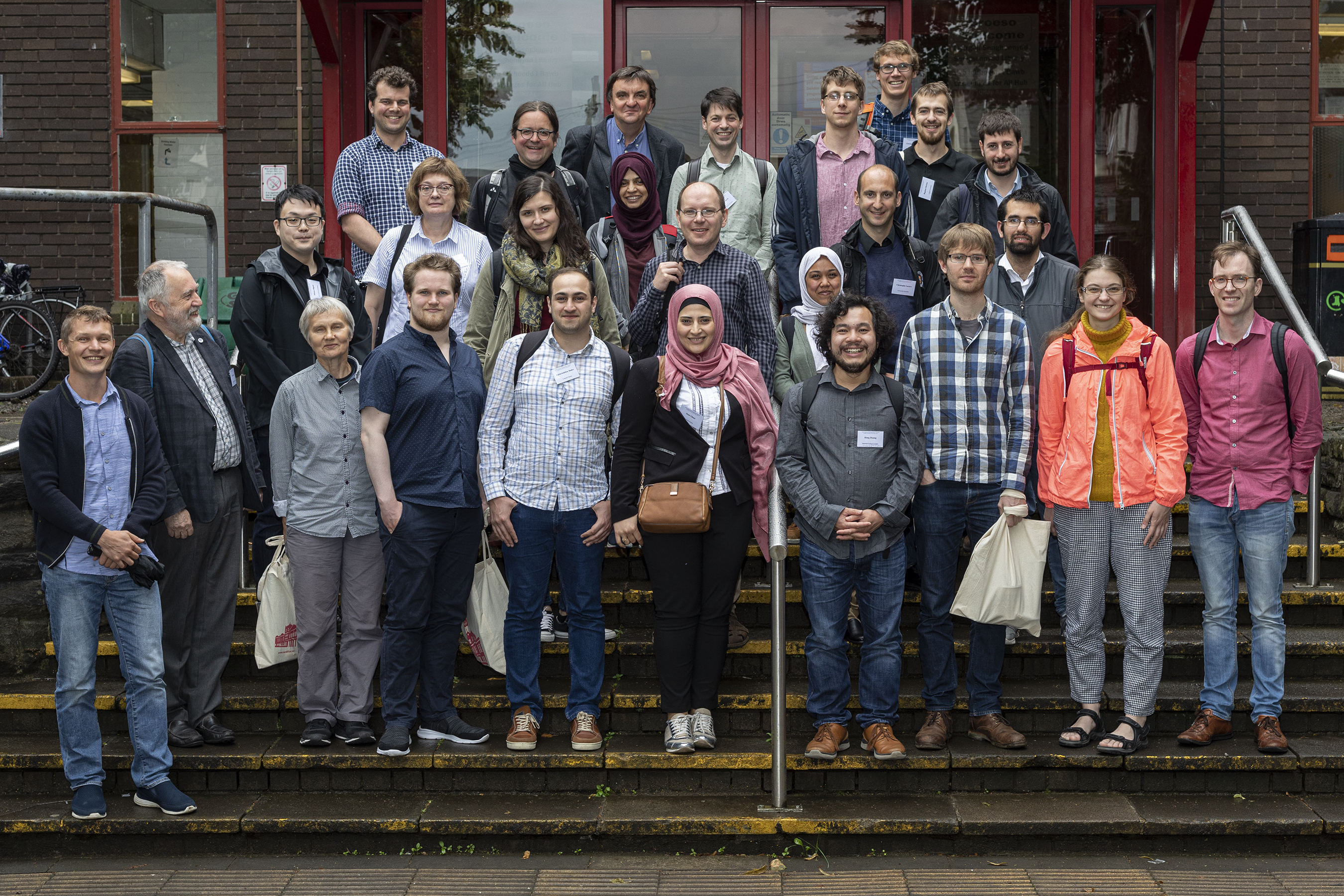*** Update: this paper will appear in the Journal of the European Mathematical Society ***
Jonathan Ben-Artzi, Marco Marletta and Frank Rösler submitted the paper Computing Scattering Resonances in which they ask the question:
Does there exist a universal algorithm for computing the resonances of Schrödinger operators with complex potentials?
Resonances are special modes that are nearly eigenvalues, in the sense that corresponding to them there are states that do not belong to the functional space (typically because they are not sufficiently localized). More precisely, let be a Schrödinger operator with
compactly supported and let
be a smooth cutoff function that is identically 1 on the support of
. Then
Definition (resonance). A resonance of
is defined to be a pole of the meromorphic operator-valued function
.
This paper provides an affirmative answer to the above question. The only a priori information required is the size of the support of . With this knowledge at hand, this paper provides an algorithm (which is also implemented numerically) which only needs to read finitely many pointwise evaluations
. These values are used to construct a approximation of
which is shown to converge in an appropriate sense as more and more values of
are sampled.

